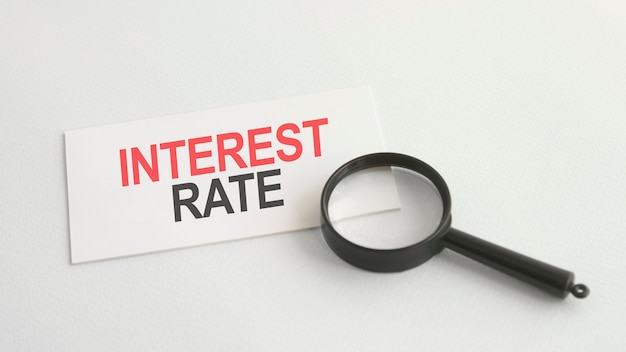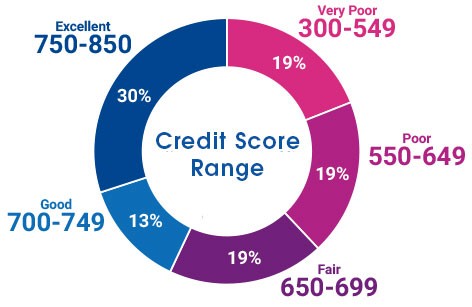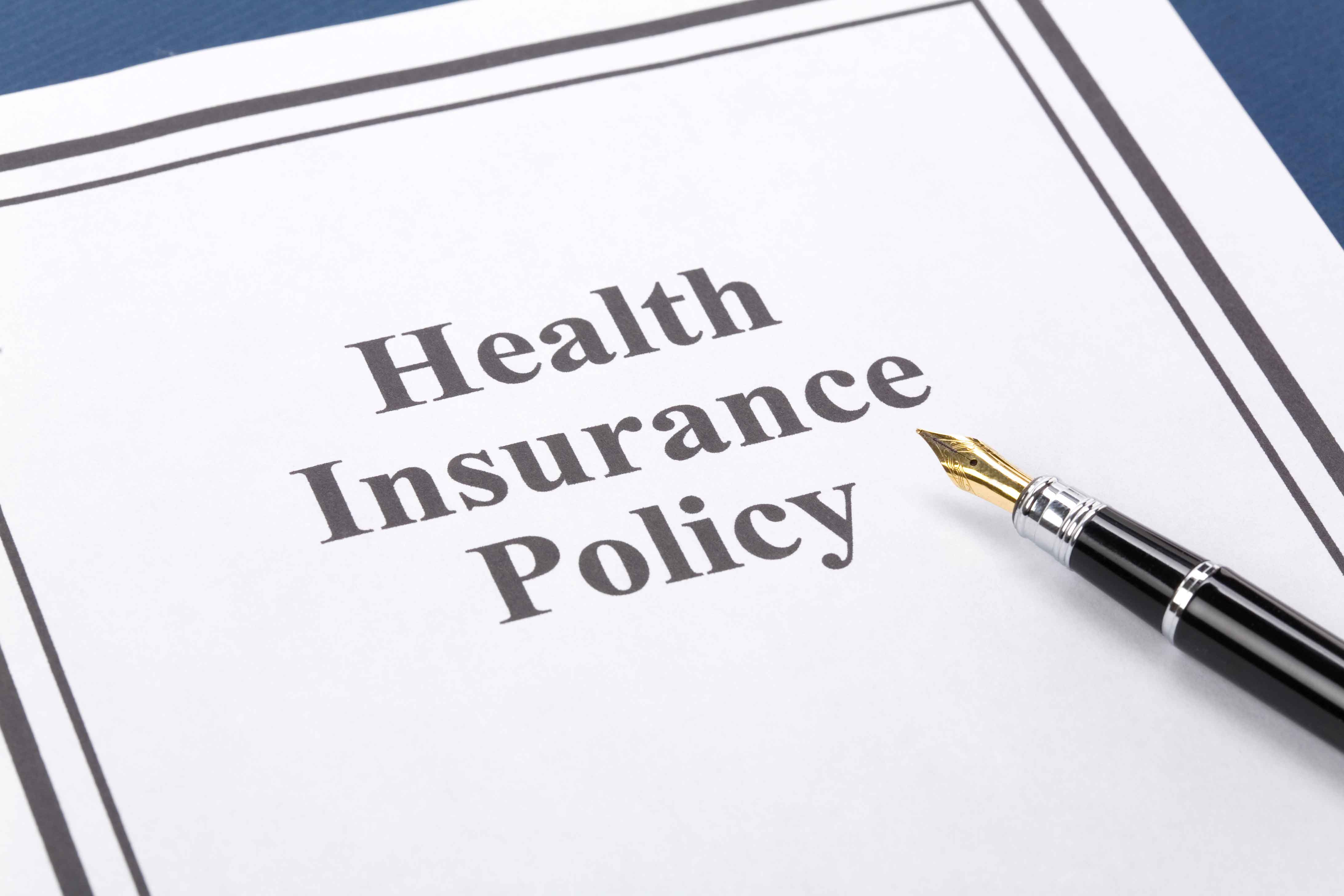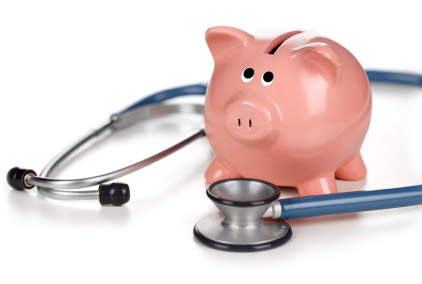Its true credit can be a crucial component to qualify for a business loan or home loan in Stillwater and Hudson, but it’s not everything. You can get a home loan with little or no credit from banks, but you have to go a little extra mile for that. That extra mile effort depends on factors like your credit history and the type of home loan you want from a bank in Stillwater, MN /Hudson, WI.

3 Ways To Get A Home Loan With No Credit
1) A Creditworthy Cosigner
A cosigner could be anyone with a higher credit score and not necessarily the one living with you or helping with making the monthly payments. For approving the loan, banks consider the cosigner’s income in the affordability calculation. You make all the payments after loan approval, but the cosigner becomes responsible should you stop paying. Therefore, before signing, the cosigner and you must clearly understand all the pros and cons of the arrangement.
2) Larger Down Payment
Whether taking a business loan or home loan in Stillwater/Hudson, putting a larger down payment makes lenders and banks apprehend you have more skin in the game. It lowers the loan amount, equating to lesser risk for the lender. It is also a popular way of getting a home loan with no credit.
3) Manual Underwriting
Nowadays, most lenders rely on fintech tools like automated underwriting systems to consider borrowers’ qualifications for a loan. The manual underwriting process enables banks to examine their risk level. They analyze details like your income, employment, existing debt, and monthly expenses to deny or approve a loan application.
Easy Tips to Build Your Credit Profile History
● Timely Payment of Monthly Bills
If you have monthly bills, including utilities, car loans, or student loans in your name, pay them on time each month. It helps the bank in Stillwater, MN/Hudson, WI evaluate your payment history, assuring them and building your credibility.
● Have A Credit Card in Your Name
Apply for a low-balance credit card in your name using e-banking in Stillwater/Hudson. When you pay their balances off by their due dates, it builds your credit profile.
● Get Rental Payment Data
Check if your property manager has reported rental payments to any credit bureaus through platforms like Experian RentBureau. Ask them and get the rental payment data. Such valuable data supports your payment history evaluation to lenders and banks. Use programs like Rental Kharma and Chime for rent payment through apps and build your credit profile.
● Be an Authorized User of Someone else’s Credit Card
Like a cosigner, you become responsible for any debts you accrue. While timely payments build your credit profile, any missing ones (even by the account holder) impact your credibility equally. Therefore, choose a responsible account holder for such an arrangement. They must understand all the pros and cons before agreeing to such a deal.
Conclusion
Don’t let your financial situation be an obstacle to homeownership. Consult a trusted loan advisor with any bank in Stillwater, MN/Hudson, WI discuss your unique financial condition and goals. They can help you choose the best possible way to get a home loan with no credit.













